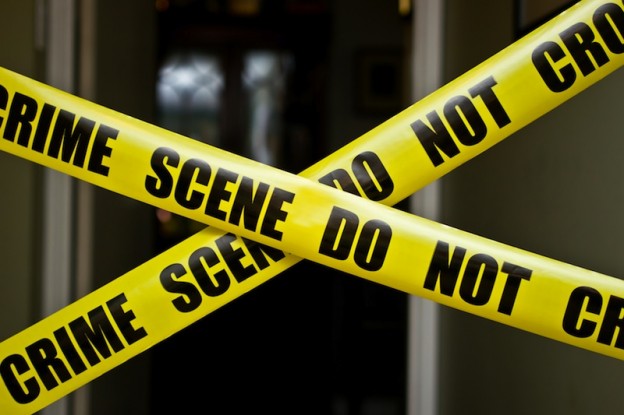Thaddeus Jimenez, a man who spent 16 years in prison for a murder he did not commit, recently had his 2011 civil judgment against the City of Chicago upheld. Mr. Jimenez, released in 2009, filed a lawsuit against Chicago claiming the police investigation was inadequate and resulted in his wrongful conviction. Largely due to testimony from a police expert witness, Mr. Jimenez was awarded $25 million. After two years of appeal, the United States Seventh Circuit Court upheld Mr. Jimenez’s expert witness testimony and large settlement.
Expert Witness Testimony the Cornerstone of Jimenez Verdict
Playing a significant role in the Jimenez civil lawsuit against the City of Chicago was the testimony of Gregg McCrary, a former FBI agent with 25 years of experience in criminal investigations. Mr. McCrary spent 17 years specifically investigating violent crimes, and testified to a number of violations of investigative practice by the Chicago police during the course of the murder case against Mr. Jimenez.
During the 2011 civil lawsuit, Mr. McCrary identified ways the police “conducted a substandard investigation into the murder … that resulted in the wrongful conviction of [Mr. Jimenez] and left the true killer … on the streets free to kill again.” Saying that the police failed to follow basic police investigation techniques by focusing too much on Jimenez and ignoring physical evidence about the actual shooting, McCrary’s expert witness testimony identified inadequate police work and proved instrumental in Mr. Jimenez’s successful civil suit for damages.
City of Chicago Appealed Use of Police Expert Witness
Expert witness testimony is permissible when a qualified expert reviews a fact situation and offers an opinion on whether or not the actions of parties involved were in compliance with the standards expected of their profession. For example, doctors often testify in medical malpractice lawsuits by analyzing whether or not the physician(s) treating a patient acted in accordance with the requirements of the medical profession. Expert witnesses may not offer legal opinion about liability, but their testimony is often used to help juries understand complicated scenarios in order to make a decision about legal responsibility.
On appeal of Mr. Jimenez’s $25 million judgment, the City of Chicago argued that Mr. McCrary’s testimony offered a legal conclusion because his opinions spoke to whether or not the police acted reasonably. Reasonableness, argued the City, requires legal analysis, and, because McCrary’s expert testimony questioned a series of judgments by the investigating officers, the expert report “amounted to legal conclusions that were not admissible.”
In civil lawsuits, a plaintiff must show that the defendant acted unreasonably by presenting a series of facts, and the City’s appeal alleged that Mr. McCrary’s expert testimony exceeded simple analysis of the facts by speaking directly to whether the police acted reasonably. By claiming the police acted unreasonably, the City argued, Mr. McCrary’s report spoke to the conclusion rather than evidence that supported a conclusion. The difference may seem semantic, but, with $25 million on the line, it is far from trivial.
Seventh Circuit Upholds Expert Testimony on Police Behavior
In upholding Mr. Jimenez’s civil judgment, the Seventh Circuit Court disagreed with the City of Chicago’s argument. Finding that Mr. McCrary’s testimony “was within the bounds of proper testimony for a police practice’s expert,” the Seventh Circuit declined to overturn the significant judgment. Although the City of Chicago’s theory was sound – experts are not permitted to provide legal conclusion – it failed to recognize the difference between the expert analysis of a doctor’s actions and the judgment calls by police during the course of a police investigation.
A police expert analyzes the decision-making process, and must evaluate whether or not judgment calls to pursue, or ignore, evidence were reasonable in light of the circumstances of the investigation. Although McCrary stated that the actions of the Chicago PD were unreasonable, he did not offer a legal conclusion – he offered one that analyzed the facts of the police investigation. When analyzing actions, such as surgical procedures, it is easy to say a doctor did it right or wrong, however, when analyzing decisions the analysis focuses more on whether or not parties acted reasonably. Mr. McCrary looked at the facts – police ignoring evidence, focusing on Jimenez – and claimed that the decisions that created these facts were unreasonable.
In this case, the Seventh Circuit determined that Mr. McCrary, a police expert witness who reported on the reasonableness of investigative decisions and strategy, did not offer legal conclusion. As such, his expert testimony was admissible, and the judgment in Mr. Jimenez’s favor was affirmed – making the wrongfully convicted victim a very rich man.




